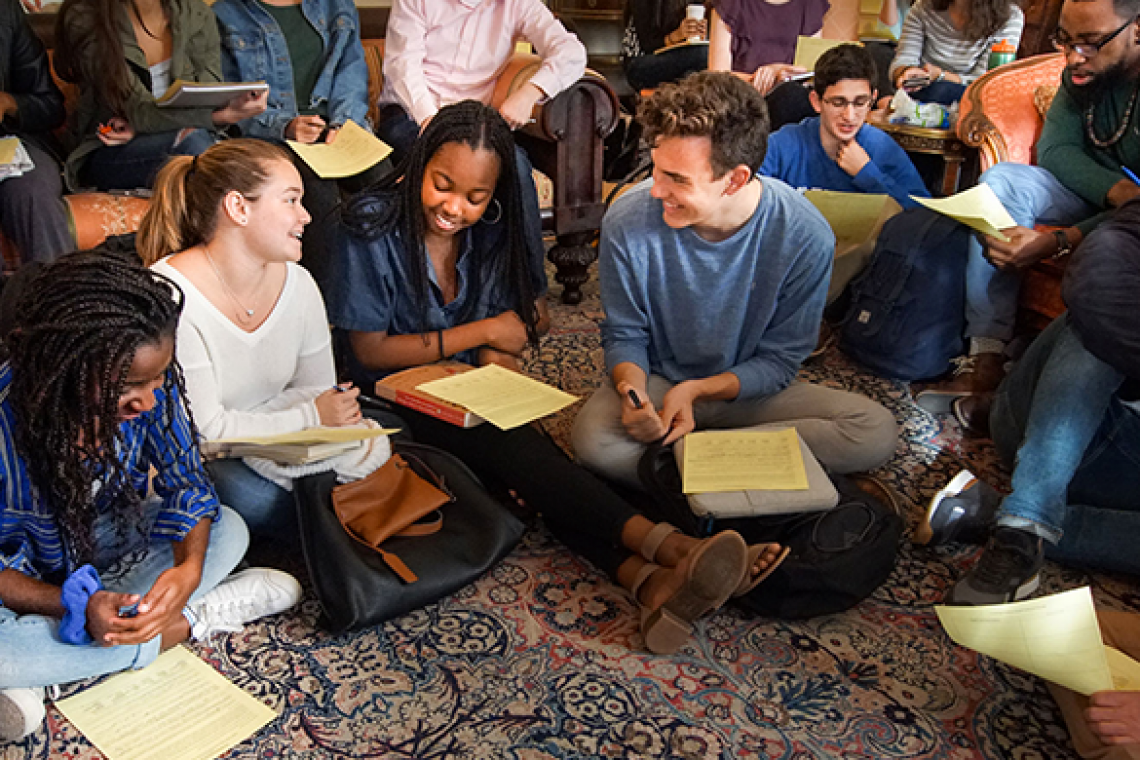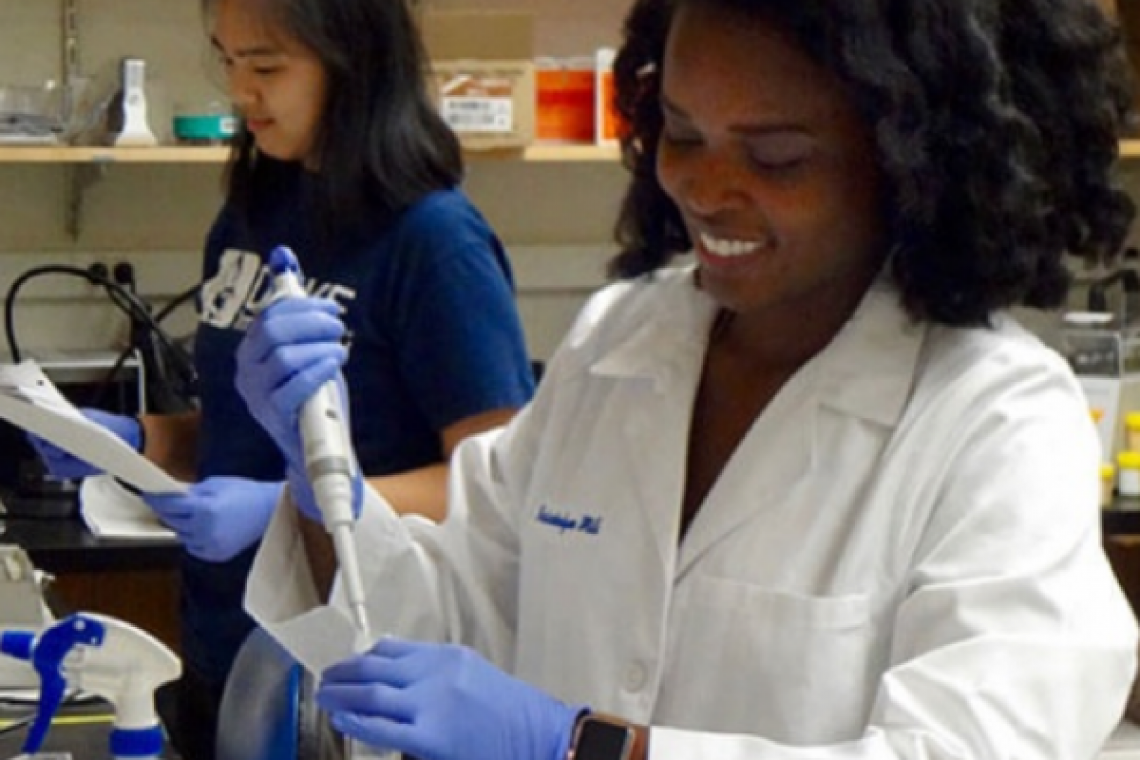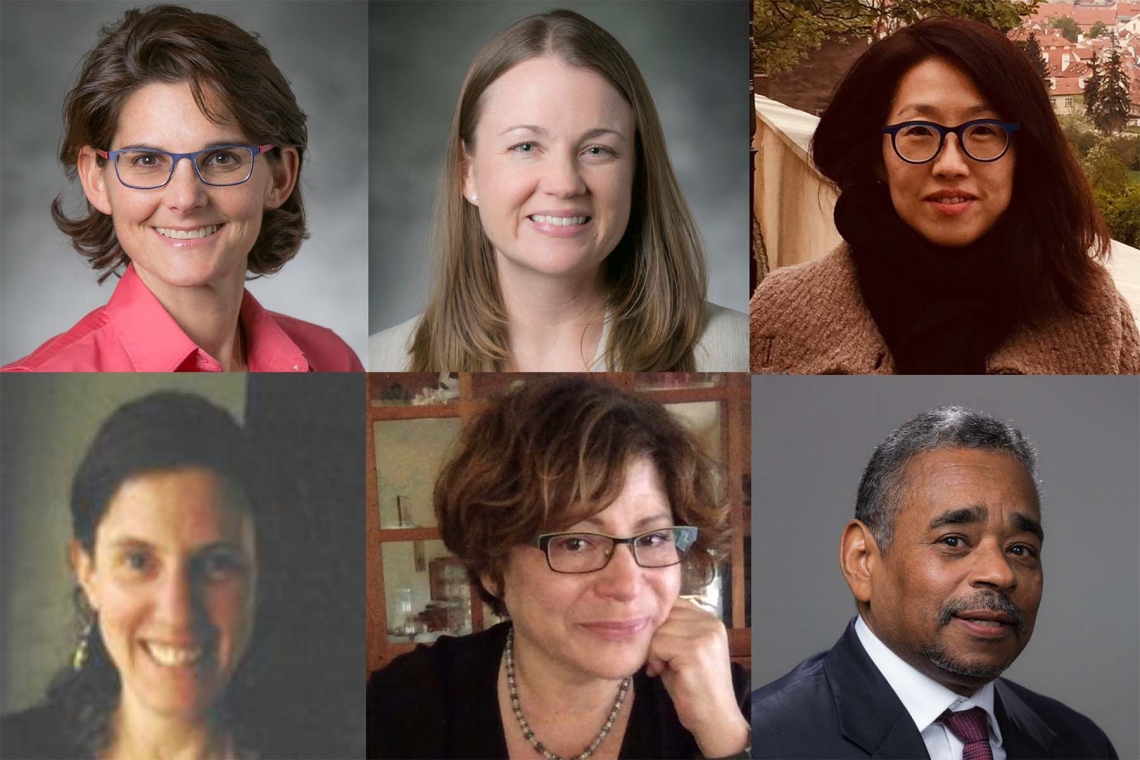Trinity College Arts & Sciences has clearly and consistently articulated its deep commitment to diversity as a central tenet for new ideas and creativity. To be a truly educated person, one must embrace and practice an appreciation for different disciplines, thought processes, modes of expression, backgrounds, and histories – in other words, engagement with the full range of knowledge and human experiences. Indeed, this is the core of the liberal arts education. Complex issues belie simple solutions, and diversity provides a way of thinking and using different perspectives, not only to more effectively solve today’s problems but to imagine future possibilities in an unscripted world. And finally, we seek to develop not just an inclusive environment for faculty, students, and staff, but a collaborative community that promotes a “culture of belonging,” so that diverse perspectives not only provide value but are publicly recognized for the value they add.
Our Goals
- Clearly articulate our philosophy of diversity as a central tenet for new ideas and creativity
- Continue to diversify the faculty
- Raise the visibility of the scholarship and accomplishments of our diverse faculty
- Create strategies for Education, Conversation, and Communication
- Create and implement a Diversity Advisory Committee for faculty and staff as well as students
- Increase diversity among the academic deans, administration, and the Trinity Board of Visitors





